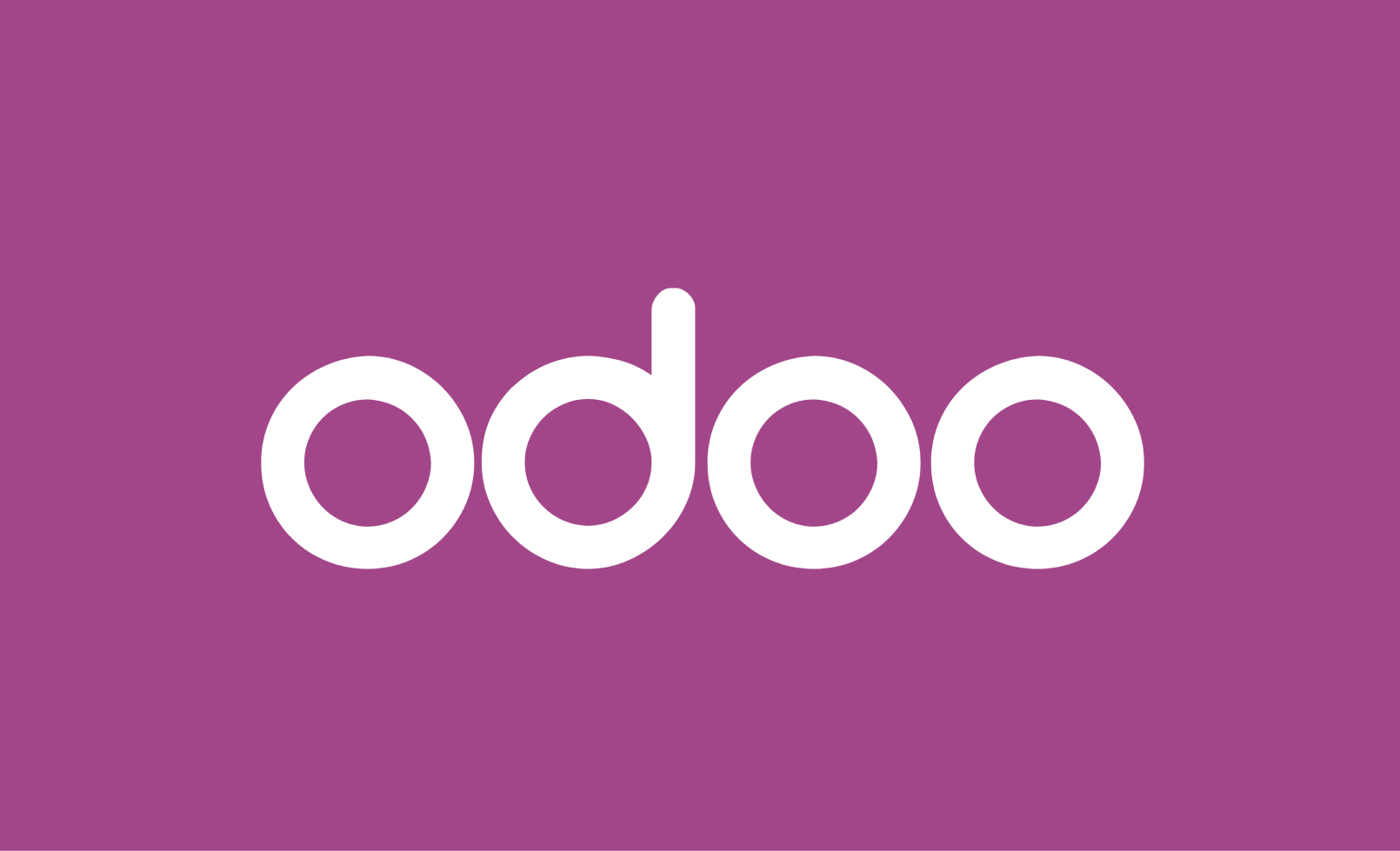
Choosing the right hosting solution for your ERP system can significantly impact your business operations, scalability, and overall success. When it comes to Odoo, one of the most popular open-source ERP platforms, you have two main options: Odoo.sh and Odoo On-Premise. Each comes with its own set of benefits and trade-offs. In this blog post, we’ll compare Odoo.sh with Odoo On-Premise to help you determine which ERP hosting solution is best for your needs.
1. Understanding Odoo.sh and Odoo On-Premise
Odoo.sh is Odoo’s cloud-based platform, offering a managed hosting environment specifically designed for Odoo. It provides a range of built-in features and services, including automated backups, scaling, and security.
Odoo On-Premise, on the other hand, refers to hosting the Odoo ERP system on your own servers or third-party infrastructure. This option gives you complete control over the environment but requires you to manage the infrastructure, security, and maintenance.
2. Key Factors to Consider
To make an informed decision between Odoo.sh and Odoo On-Premise, consider the following factors:
a. Cost
- Odoo.sh: Typically, Odoo.sh has a subscription-based pricing model, which includes hosting, maintenance, and support. Costs are generally predictable, with plans based on the number of users and the amount of storage needed. The subscription fee often includes updates, backups, and security patches.
- Odoo On-Premise: With Odoo On-Premise, you pay for the Odoo license, hardware, and infrastructure separately. You’ll also incur costs related to server maintenance, security, and IT staff. While the initial investment might be higher, it can be more cost-effective in the long run for larger organizations with specific customization needs.
b. Scalability
- Odoo.sh: Odoo.sh offers built-in scalability, allowing you to adjust your resources based on your needs. This is ideal for businesses that experience fluctuating workloads or rapid growth. The platform automatically scales your environment, so you don’t have to worry about hardware upgrades.
- Odoo On-Premise: Scaling with Odoo On-Premise requires manual intervention. You need to purchase additional hardware or upgrade your existing infrastructure as your business grows. This can lead to additional complexity and upfront costs.
c. Maintenance and Updates
- Odoo.sh: Maintenance and updates are managed by Odoo. This includes applying security patches, software updates, and backups. This hands-off approach ensures your system is always up-to-date with minimal effort from your side.
- Odoo On-Premise: You are responsible for managing all aspects of maintenance, including updates and backups. This can be time-consuming and requires dedicated IT resources to ensure your system is secure and running smoothly.
d. Customization and Control
- Odoo.sh: While Odoo.sh supports customization, there might be some limitations compared to an on-premise setup. The platform is designed to provide a consistent environment, which can sometimes limit the extent of customization.
- Odoo On-Premise: Hosting Odoo on-premise provides complete control over your ERP environment. You can customize the system extensively and integrate it with other on-premise applications without constraints.
e. Security
- Odoo.sh: Security is managed by Odoo, which includes data encryption, regular security audits, and compliance with industry standards. This reduces the burden of managing security on your own.
- Odoo On-Premise: Security is your responsibility with on-premise hosting. You must implement and manage firewalls, data encryption, and security protocols to protect your data. This can be resource-intensive but allows for tailored security measures according to your organization’s needs.
f. Support and Service Levels
- Odoo.sh: Odoo.sh includes support as part of its service, providing assistance with technical issues and operational queries. The level of support can vary depending on the subscription plan.
- Odoo On-Premise: Support for on-premise installations often depends on the support contract you have with Odoo or your IT provider. You may need to invest in additional support services to ensure you have access to timely assistance.
3. Making the Right Choice
Choosing between Odoo.sh and Odoo On-Premise depends on your organization’s specific needs and resources. Here are some scenarios to guide your decision:
- Choose Odoo.sh if:
- You prefer a managed solution with minimal IT involvement.
- You need built-in scalability and automatic updates.
- You want predictable costs with included support and maintenance.
- Choose Odoo On-Premise if:
- You require extensive customization and control over your ERP system.
- You have the resources to manage and maintain your own infrastructure.
- You prefer to avoid recurring subscription costs and can handle the initial investment.
4. Conclusion
Both Odoo.sh and Odoo On-Premise offer valuable features and benefits, but the best choice depends on your organization’s specific requirements, budget, and technical capabilities. By carefully evaluating your needs in terms of cost, scalability, maintenance, control, security, and support, you can select the ERP hosting solution that will best support your business goals and ensure a successful implementation of Odoo.
Remember, the right choice will help you optimize your ERP system’s performance and align it with your long-term business strategy. If in doubt, consult with an Odoo expert to get personalized advice and insights tailored to your situation.
By understanding these differences and evaluating your needs, you’ll be better equipped to make an informed decision that aligns with your business objectives and technical requirements.


